-
 bitcoin
bitcoin $87959.907984 USD
1.34% -
 ethereum
ethereum $2920.497338 USD
3.04% -
 tether
tether $0.999775 USD
0.00% -
 xrp
xrp $2.237324 USD
8.12% -
 bnb
bnb $860.243768 USD
0.90% -
 solana
solana $138.089498 USD
5.43% -
 usd-coin
usd-coin $0.999807 USD
0.01% -
 tron
tron $0.272801 USD
-1.53% -
 dogecoin
dogecoin $0.150904 USD
2.96% -
 cardano
cardano $0.421635 USD
1.97% -
 hyperliquid
hyperliquid $32.152445 USD
2.23% -
 bitcoin-cash
bitcoin-cash $533.301069 USD
-1.94% -
 chainlink
chainlink $12.953417 USD
2.68% -
 unus-sed-leo
unus-sed-leo $9.535951 USD
0.73% -
 zcash
zcash $521.483386 USD
-2.87%
How to store Highstreet(HIGH) coins
For optimal security, store your Highstreet (HIGH) coins offline on a hardware wallet like Ledger Nano S Plus, as it keeps your private key isolated in a secure chip, inaccessible to online threats.
Nov 29, 2024 at 04:35 am
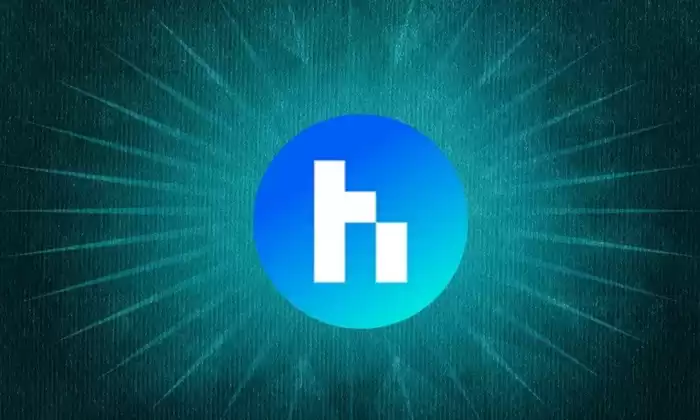
Comprehensive Guide to Storing Highstreet (HIGH) Coins
Highstreet (HIGH) is an Ethereum-based cryptocurrency that powers the Highstreet metaverse, an immersive virtual world for shopping, socializing, and gaming. To participate in the Highstreet ecosystem and safeguard your HIGH investments, it is crucial to understand the various storage options available and select the most suitable method for your needs.
This detailed guide will provide a comprehensive overview of the safest and most convenient ways to store Highstreet coins. Each step will address specific questions and provide in-depth explanations to ensure you make an informed decision.
1. Hardware Wallets: Ultimate Security for Your HIGH Coins
- What are hardware wallets?Hardware wallets are physical devices specifically designed to store private keys used to access cryptocurrencies like Highstreet. These devices are offline, meaning they are not connected to the internet, providing an extra layer of security against hacking and malware.
- Benefits of hardware wallets:
- Offline storage eliminates the risk of remote attacks and online theft.
- Private keys are encrypted and stored within the hardware wallet's secure chip, making them inaccessible even if the device is physically stolen.
- Advanced features like two-factor authentication and passphrase protection provide additional security layers.
- Recommended hardware wallets:
- Ledger Nano S Plus: A reputable brand known for its secure and user-friendly hardware wallets.
- Trezor Model T: Another trusted manufacturer offering cutting-edge security features and a user-friendly interface.
2. Browser-Based Wallets: Convenient and Accessible HIGH Storage
- What are browser-based wallets?Browser-based wallets are online wallets that can be accessed through a web browser, such as MetaMask and Coinbase Wallet. These wallets are convenient and accessible from any device with an internet connection.
- Benefits of browser-based wallets:
- Easy setup and use, making them suitable for beginners.
- Allow for direct interaction with decentralized applications (dApps) on the blockchain.
- Recommended browser-based wallets:
- MetaMask: A popular and feature-rich wallet offering support for a wide range of cryptocurrencies and dApps.
- Coinbase Wallet: A reliable and user-friendly wallet from the trusted cryptocurrency exchange Coinbase.
3. Software Wallets: Versatile Storage for Desktop and Mobile Devices
- What are software wallets?Software wallets are applications installed on your computer or mobile device that store your private keys and allow you to manage your Highstreet coins. These wallets offer more flexibility and features than hardware wallets but may not provide the same level of security.
- Benefits of software wallets:
- Convenient access to your HIGH coins on multiple devices.
- Advanced trading features and market analysis tools.
- Recommended software wallets:
- Exodus: A user-friendly wallet with a visually appealing interface and support for multiple cryptocurrencies.
- Trust Wallet: A mobile-first wallet with staking rewards and features tailored for mobile users.
4. Cold Storage: Offline Protection for Long-Term Investments
- What is cold storage?Cold storage involves storing your Highstreet coins on a medium that is not connected to the internet, such as a paper wallet or USB drive. This method provides the highest level of security against online threats.
- How to create a paper wallet:
- Generate a private key and public address using an online tool or wallet software.
- Write both the private key and public address on a piece of paper.
- Store the paper wallet in a secure and offline location.
- How to use a USB drive for cold storage:
- Create a new wallet on your computer using wallet software.
- Transfer your Highstreet coins to the newly created wallet.
- Copy the wallet file (.json or .dat file) onto a USB drive and store it securely offline.
- Benefits of cold storage:
- Maximum protection against hacking and online theft.
- Suitable for large or long-term investments.
5. Exchange Wallets: Convenience for Trading and Quick Access
- What are exchange wallets?Exchange wallets are hosted by cryptocurrency exchanges, such as Binance and Coinbase. These wallets allow you to store your Highstreet coins and trade them directly on the exchange platform.
- Benefits of exchange wallets:
- Convenient for active traders who need quick access to their coins.
- Reduced transaction fees and efficient trading experience.
- Recommended exchange wallets:
- Binance: The largest cryptocurrency exchange with high liquidity and low fees.
- Coinbase: A reputable exchange known for its user-friendly platform and strong security measures.
- Security considerations:
- Exchange wallets rely on the security of the exchange itself, which is why selecting a reputable and trustworthy platform is essential.
- It's wise to hold only a small portion of your HIGH holdings in exchange wallets to mitigate potential risks associated with a centralized platform.
Disclaimer:info@kdj.com
The information provided is not trading advice. kdj.com does not assume any responsibility for any investments made based on the information provided in this article. Cryptocurrencies are highly volatile and it is highly recommended that you invest with caution after thorough research!
If you believe that the content used on this website infringes your copyright, please contact us immediately (info@kdj.com) and we will delete it promptly.
- A £1 Coin's "Fried Egg" Flaw Cracks Open a Royal Mint Rare Value Bonanza
- 2026-01-30 19:05:01
- Rare Royal Mint Coin Findings Skyrocket in Value: From Fried Eggs to Atlantic Salmon
- 2026-01-30 19:10:02
- Wall Street's New Play: Why Smart Investors Are Eyeing Bitcoin Everlight as Bitcoin Enters Its Next Era
- 2026-01-30 19:05:01
- Kindred Labs Launches AI Companions with KIN Token Airdrop and Public Listing: All Eyes on Price
- 2026-01-30 19:10:02
- Coinstore Faces Scrutiny as Spur Protocol Listing Lingers Amidst SON Claim Uncertainty
- 2026-01-30 19:00:02
- HTX Charts a Course Through Crypto Choppiness: DeFi Soars, Memecoins Make Moves, and a Market Finds Its Footing
- 2026-01-30 19:00:02
Related knowledge

How to ensure your crypto purchase is safe from hackers?
Jan 28,2026 at 11:19pm
Secure Wallet Selection1. Choose hardware wallets for long-term holdings—devices like Ledger and Trezor isolate private keys from internet-connected s...
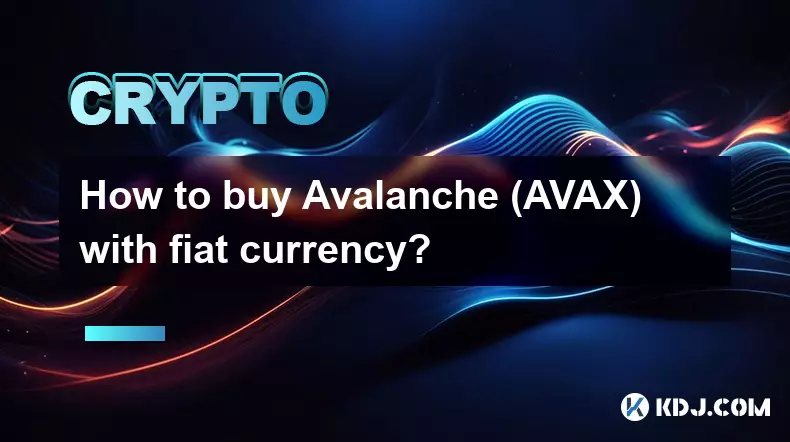
How to buy Avalanche (AVAX) with fiat currency?
Jan 29,2026 at 12:40pm
Choosing a Reliable Exchange Platform1. Identify exchanges licensed in your jurisdiction that support AVAX trading pairs with major fiat currencies li...
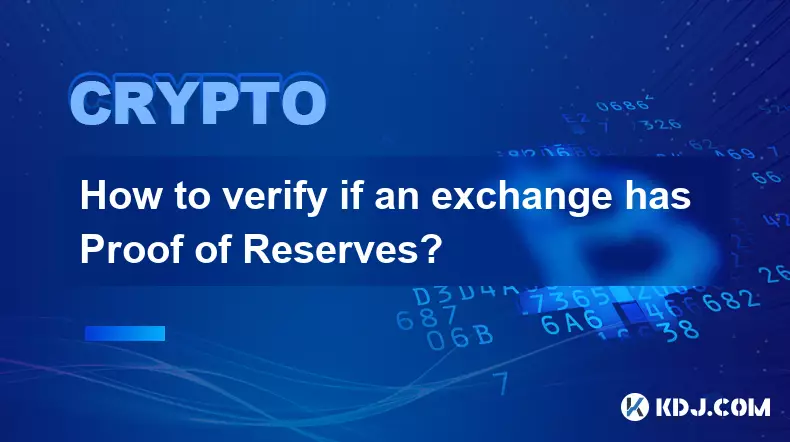
How to verify if an exchange has Proof of Reserves?
Jan 30,2026 at 06:39am
Understanding Proof of Reserves1. Proof of Reserves (PoR) is a cryptographic audit mechanism that demonstrates an exchange holds sufficient on-chain a...
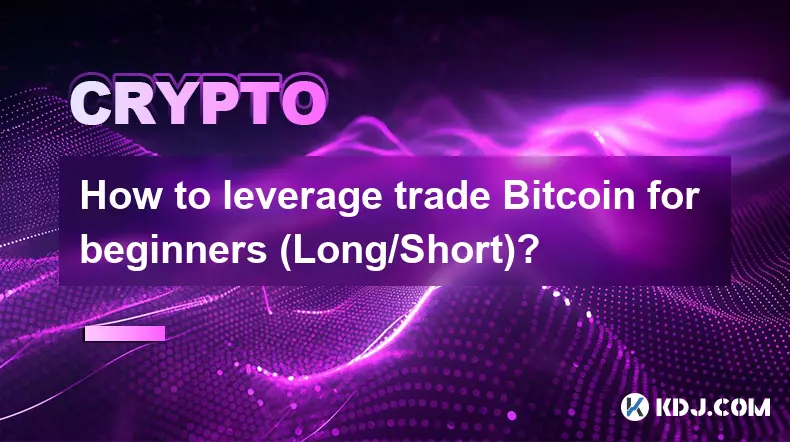
How to leverage trade Bitcoin for beginners (Long/Short)?
Jan 29,2026 at 03:19pm
Understanding Bitcoin Price Movements1. Bitcoin’s price is heavily influenced by macroeconomic indicators such as interest rate decisions, inflation d...
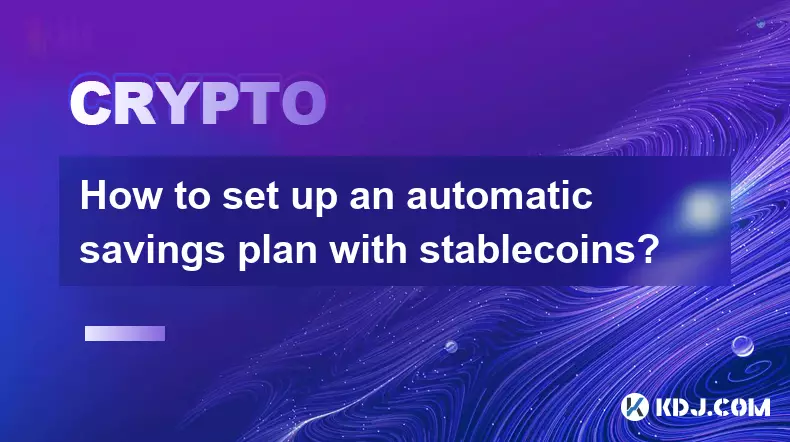
How to set up an automatic savings plan with stablecoins?
Jan 29,2026 at 06:39am
Understanding Stablecoin Savings Mechanics1. Stablecoins are digital assets pegged to fiat currencies like the US dollar, designed to minimize volatil...
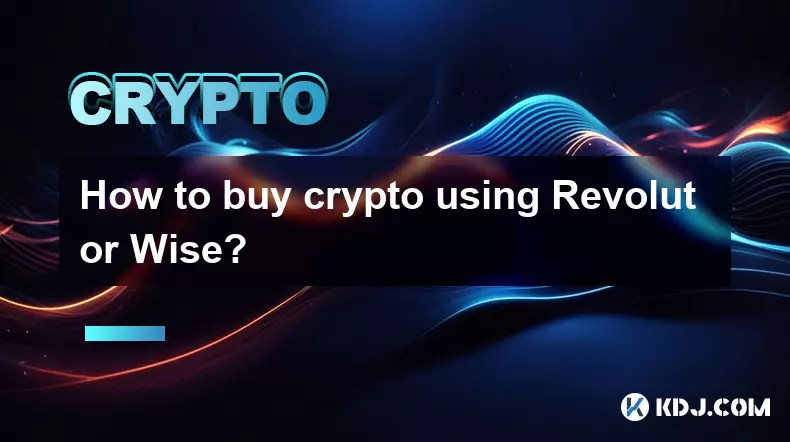
How to buy crypto using Revolut or Wise?
Jan 28,2026 at 11:00pm
Setting Up Your Revolut Account for Crypto Purchases1. Download the Revolut app and complete identity verification using government-issued ID and a se...

How to ensure your crypto purchase is safe from hackers?
Jan 28,2026 at 11:19pm
Secure Wallet Selection1. Choose hardware wallets for long-term holdings—devices like Ledger and Trezor isolate private keys from internet-connected s...

How to buy Avalanche (AVAX) with fiat currency?
Jan 29,2026 at 12:40pm
Choosing a Reliable Exchange Platform1. Identify exchanges licensed in your jurisdiction that support AVAX trading pairs with major fiat currencies li...

How to verify if an exchange has Proof of Reserves?
Jan 30,2026 at 06:39am
Understanding Proof of Reserves1. Proof of Reserves (PoR) is a cryptographic audit mechanism that demonstrates an exchange holds sufficient on-chain a...

How to leverage trade Bitcoin for beginners (Long/Short)?
Jan 29,2026 at 03:19pm
Understanding Bitcoin Price Movements1. Bitcoin’s price is heavily influenced by macroeconomic indicators such as interest rate decisions, inflation d...

How to set up an automatic savings plan with stablecoins?
Jan 29,2026 at 06:39am
Understanding Stablecoin Savings Mechanics1. Stablecoins are digital assets pegged to fiat currencies like the US dollar, designed to minimize volatil...

How to buy crypto using Revolut or Wise?
Jan 28,2026 at 11:00pm
Setting Up Your Revolut Account for Crypto Purchases1. Download the Revolut app and complete identity verification using government-issued ID and a se...
See all articles























![[4K 60fps] epilogue by SubStra (The Demon Route, 1 Coin) [4K 60fps] epilogue by SubStra (The Demon Route, 1 Coin)](/uploads/2026/01/30/cryptocurrencies-news/videos/origin_697c08ce4555f_image_500_375.webp)


















































